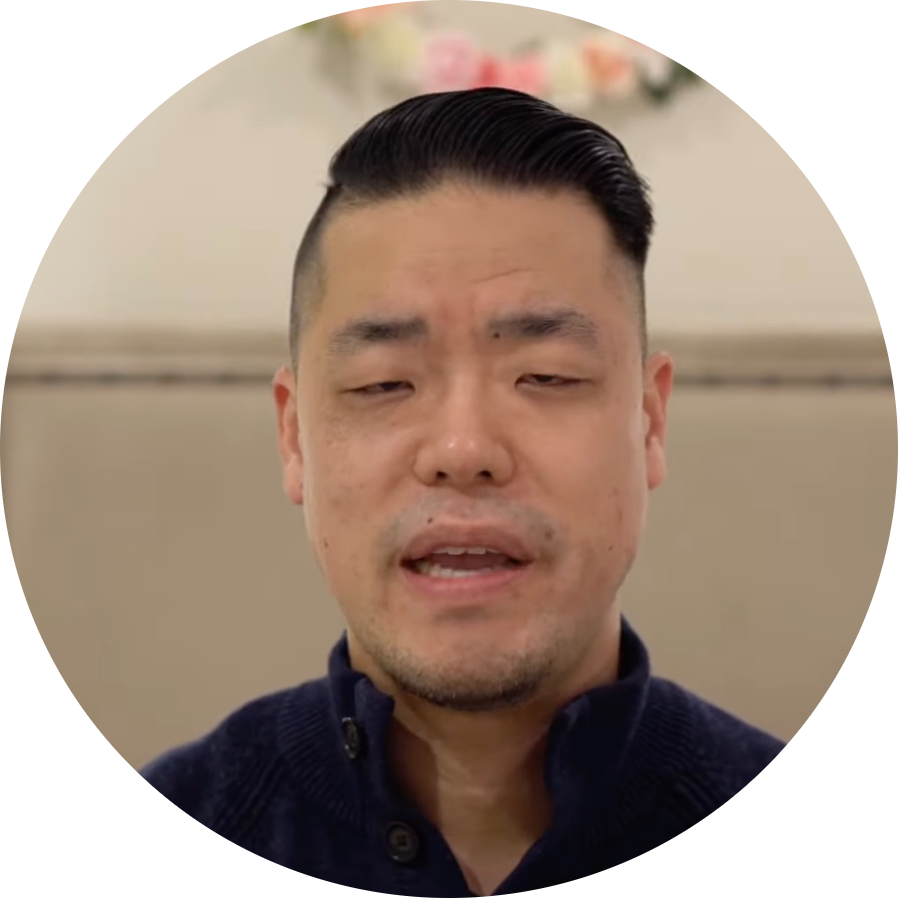Opioid Addiction Treatment in Long Beach, CA
The struggle with opioid addiction can feel isolating and overwhelming, that's why we offer a safe and welcoming environment where you can comfortably start your journey towards recovery. Here at Long Beach Drug and Alcohol Rehab Center, we empower individuals to break free from their addiction through personalized care and evidence-based treatment methods.
Why Choose Long Beach Drug and Alcohol Rehab Center?
Medically Supervised Therapy
Our alcohol detox program is overseen by a team of qualified medical professionals who are experienced in managing withdrawal symptoms. We prioritize your safety and comfort throughout the detox process, ensuring that you receive the appropriate care and support.
Tailored Detox Plans
We recognize that each individual’s experience with alcohol addiction is different. Our team develops personalized detox plans that take into account your medical history, the severity of your addiction, and any co-occurring conditions, ensuring a customized approach to your recovery.
Support and Resources
At Long Beach Drug and Alcohol Rehab Center, we believe that detox is just the beginning of the recovery process. We provide ongoing support and resources, including access to counseling and aftercare programs, to help you transition smoothly into the next phases of treatment.

Accessible rehab treatment for all.
To streamline the process, we recommend that you contact us to verify your insurance coverage before beginning treatment. Our team can guide you through the necessary steps and help you understand the specifics of your policy, including any deductibles, copayments, and coverage limits. If you do not have insurance, we also offer flexible payment plans and financing options to accommodate your needs.
Dr. Andrew Kim, a board-certified psychiatrist, explains what happens during opioid withdrawal
According to Dr. Kim, the peak physical symptoms of opioid withdrawal happen around 72 hours after the last dose. The physical symptoms usually subside after 1 to 2 weeks, while the psychological effects may persist for weeks or months. The physical symptoms of withdrawal are muscle aches, cramps, sweats, chills, and goosebumps. Dilated pupils, runny nose, excessive yawning, and severe insomnia are also symptoms. The psychological effects of opioid withdrawal also include intense cravings, agitation, mood swings, and depression. The withdrawal process can feel like "hell" and often leads to relapse due to intense cravings and discomfort. To achieve lasting sobriety, the patient should address both the short-term and long-term effects of addiction.

Opioid Addiction Treatment in Long Beach, CA
4 Signs You Need Opioid Addiction Treatment
Loss of Control
You find yourself using opioids more frequently or in larger amounts than intended, unable to cut down or stop despite wanting to.
Social Isolation
You withdraw from family and friends, preferring to spend time alone or with other opioid users.
Doctor Shopping
You visit multiple doctors to obtain more opioid prescriptions, indicating a loss of control over your use.
Risk-Taking Behavior
You engage in dangerous activities while under the influence of opioids, such as driving or having unprotected sex.
Take the First Step Toward Recovery Today!
Don’t let opioid addiction control your life any longer. Reach out to Long Beach Drug and Alcohol Rehab Center today to learn more about our treatment options and take the first step toward a healthier, drug-free future!



